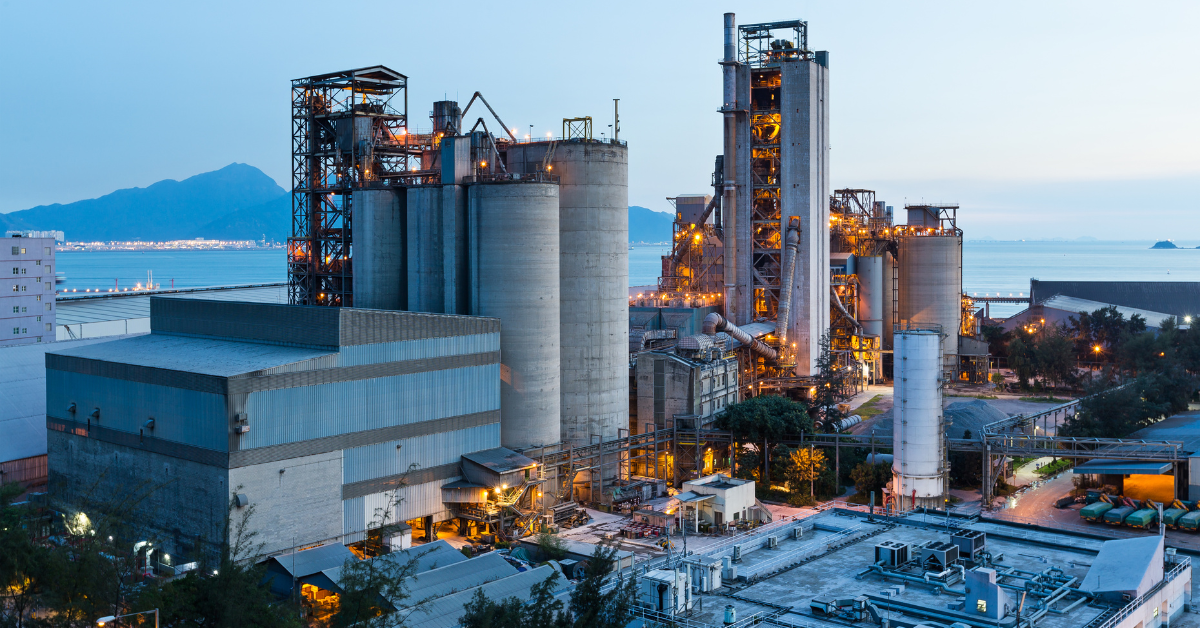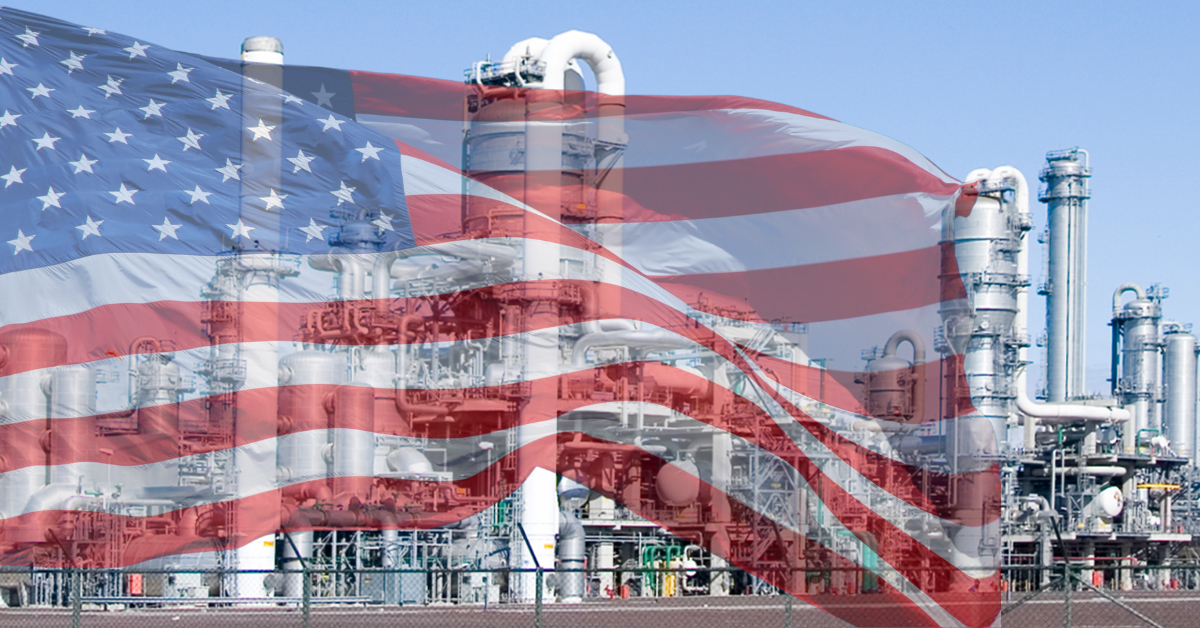In this video, we explain the timeline for decarbonisation, the advantages of implementing a carbon capture solution, and the known incentives for decarbonising early.
Is carbon capture a good solution for refineries?
Carbon capture has long been a decarbonisation solution for the oil and gas industry. However, cost and space requirements have deterred many from moving ahead with deployment. Refineries operate within traditionally narrow margins in compact facilities, often in remote areas, where every metre of space is optimised, safety is paramount, and limited downtime is critical. The industry needs a carbon capture solution that can work within these parameters — something conventional technologies have not been able to offer.
Carbon Clean’s fully modular carbon capture solution is a perfect fit.
What is the timeline for decarbonisation?
For the oil and gas industry, carbon capture initiatives are increasingly important. As reported by the World Resources Institute, decarbonisation efforts — including a fuel switch to clean hydrogen, electrification and CCUS — could deliver marked climate benefits.
What advantages do refineries gain by implementing a carbon capture solution now?
There are several advantages of refineries implementing a carbon capture solution now. For instance, refineries that start earlier will have tremendous partnering potential with investors.
Refineries can move towards their decarbonisation goals more effectively by combining CCUS with other strategies — including increasing energy efficiency, opting for low-carbon oil and tapping into renewable power generation. In the long term, refineries could switch from processing crude oil for conventional fuel to renewable feedstocks for synthetic fuels, primarily for aviation, shipping and trucking, which could reduce fuel carbon intensities by up to 80%.
These are all practical approaches that, when used together, give refineries a competitive edge as their consumers have greater incentives to use low-carbon fuel.
Are there incentives for decarbonising early?
Increasing regulation is now driving action on emissions reduction across industries. Refineries that set decarbonisation initiatives in motion and adopt clean technology will be able to leverage incentives and benefits as well as reduce the risk of incurring future taxes and penalties.
Learn more about our breakthrough carbon capture solution for refineries by downloading our latest eBook:



